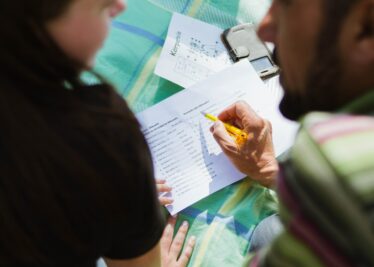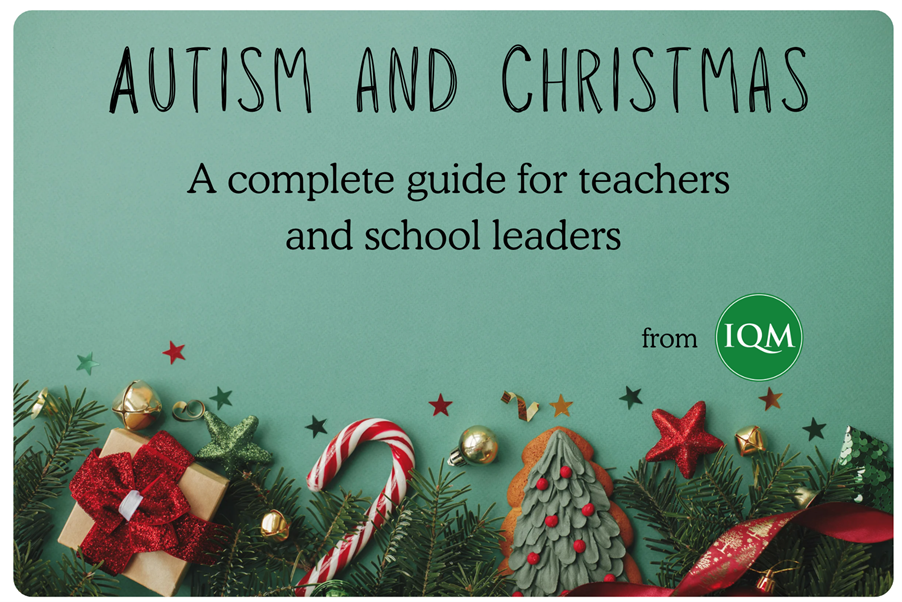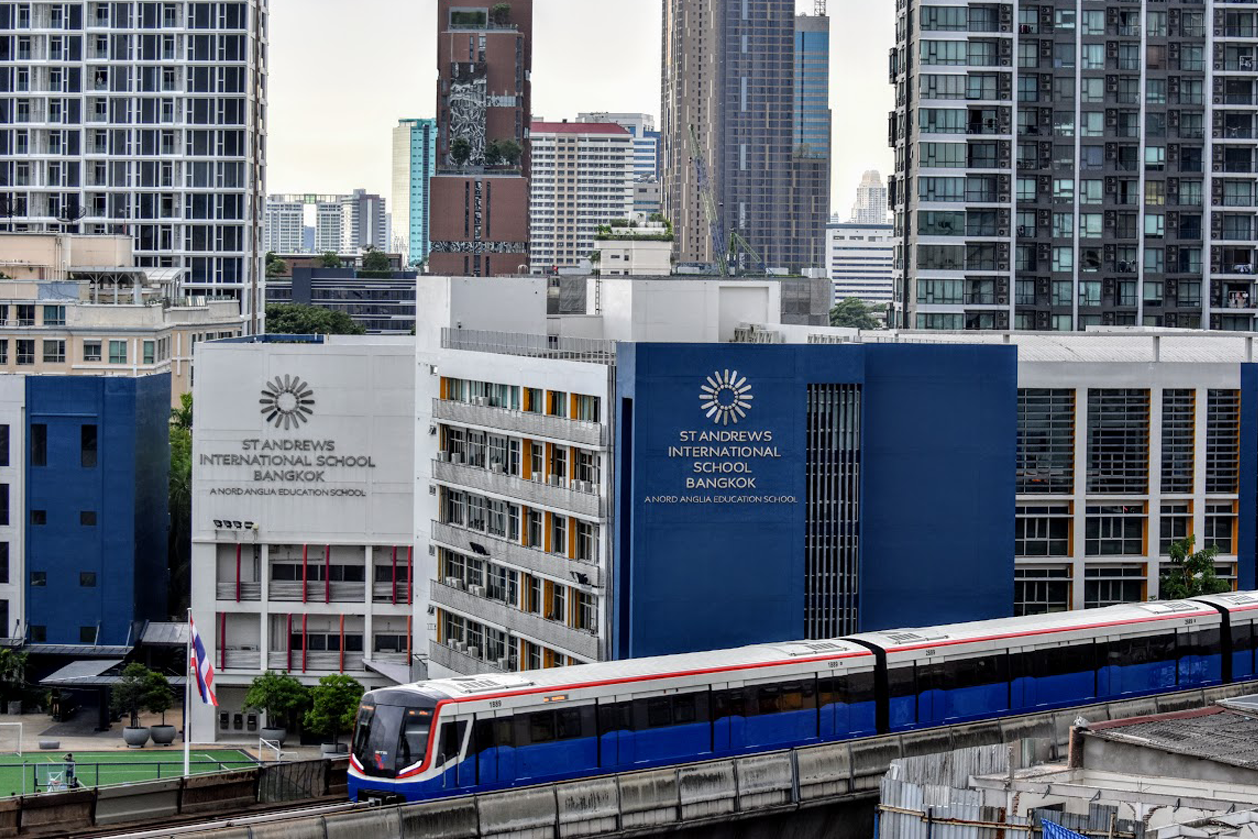Who is IQM?
IQM is the only national inclusion award in the UK. For over 20 years and in over 20 countries, schools, MATs and Local Authorities use the Inclusion Quality Mark to recognise exemplary inclusive practice.
Get in touch for your FREE school information pack today.
Belmont Primary School Achieves Flagship Status
February 19, 2024

Belmont Primary School has achieved the Inclusive School Award with Flagship status.

Well Supported by the School
Belmont Primary School is a two-form entry primary school based in a socially deprived area of Derbyshire. The school is housed in seven different buildings across two sites, separated by a road. The original building accommodates Upper Key Stage 2 and the learning mentor base. The remainder of the school is based in the newer buildings. Belmont’s Reception intake encompasses ten feeder pre-schools and nurseries within the local areas and is the feeder school for three main secondary schools for pupils moving from Years 6 to year 7. Special Educational Needs and Disability (SEND) needs within the school are above national at 15.8% with the school meeting the needs of eight pupils with significant additional needs.

Pupils with additional needs are very well supported by the school. Systems and practices have been put in place to support the most vulnerable pupils so that they have a sense of belonging and are well supported to take ownership of their learning. The two Learning Mentors alongside the Teaching Assistants are skilled at supporting pupils with additional needs. Learning Mentors work closely with social workers, family support, the school nurse and other external education professionals including the Local Authority Behaviour Support team, liaising between home and school to help identify triggers and causes for individual pupils’ issues.
Learning Mentors support pupils dysregulating and will stay with a pupil for as long as is needed or support them away from class. Staff within the school are trained in several interventions including; NELI Language Programme, Reading Recovery, Positive Play, Lego Therapy and the Kimble’s Physical Development Programme and have received extensive training in social and emotional development and wellbeing.
Wellbeing is Engrained in the Ethos
The school places high importance on the mental wellbeing of both staff and pupils and has achieved the Bronze Mental Health Award from Leeds Beckett University this year. Wellbeing is engrained in the ethos and culture of the school and all staff and pupils understand that it is ‘ok not to be ok’. The Learning Mentors work passionately to help pupils and families overcome barriers to learning. Pupils struggling with unstructured lunchtime sessions on the playground are well supported by the Learning Mentors, accessing the Information and Communications Technology (ICT) area or taking part in Lego, colouring, jigsaws, films, white board activities or playing board games. Pupils with heightened senses can eat their dinner away from the school hall where noise and aromas are reduced.
Inclusion remains at the heart of the school and leaders and staff remain driven by their inclusive moral purpose. Leaders manage the budget strategically to ensure the key needs of pupils are supported, often spending the budget on implementing support rather than paying for costly assessments required to apply for an Education, Health and Care Plan (EHCP). EHCP applications are made for pupils with severe needs and those in Upper Key Stage 2 to ensure all Year 6 pupils needing an EHCP have one in place prior to starting secondary school.
Inclusion is modelled from the top and the Headteacher leads by example, frequently spending significant time working with staff to support a key child in crisis rather than excluding. The bespoke nurture provision operates during the afternoons and currently supports six pupils, two from Key Stage 1 (KS1) and four from Key Stage 2 (KS2) with significant needs. The bespoke provision is staffed by four adults, two of whom have a nurture qualification. Activities within the nurture room include both individual and team tasks and during the visit our Assessor observed the pupils being supported through water play, playdough and the sensory area. One pupil shared the maths work she had completed earlier during the afternoon, clearly proud of her achievements.
School Values Highly Visible

The school values; Respect, Kindness, Resilience, Excellence are highly visible across the school, displayed across communal areas and in every classroom and these are now intrinsically linked to the school’s Relational Practice approach. Behaviour including learning behaviours in class was exceptional during the visit and pupils were observed implementing the values during conversations with peers and adults. As part of the school culture, adults support pupils to understand and regulate their emotions together with developing restorative interactions to resolve minor conflicts and disagreements.
Pupils were articulate and passionate about their learning and a group of Years 5 and 6 pupils took part in a very mature discussion with our Assessor about the knowledge organisers, school values and the Relational Practice approach in school. They were extremely positive about the move to Relational Practice and articulated the system and the school values confidently. They had an excellent understanding of the Relational Behaviour model and expectations and stated that they much preferred this to the previous system of rewards in consequences.
Our Assessor was privileged to meet with a Year 6 pupil who had been recognised by the local Sea Cadets for consistently showing exemplary values during Sea Cadet meetings and activities during her first year as a member. She had been awarded Best Junior Cadet. This clearly demonstrates the strength of the school values and how these are impacting positively on pupils’ lives and behaviours outside of school.
Brought Parents on Board
The school has successfully brought parents on board with the Relational Practice approach. Parents are kept well informed of developments and recognition in school using Marvellous Me and Seesaw Apps alongside newsletters. One family member during the IQM visit spoke at length about the support provided for her and her child with complex needs, appreciating the consistent daily routine that has been established to support her child entering school and explained how the sensory room supported her child to become calm. Another family member spoken with, reflected upon the school’s success in developing his granddaughter’s self-confidence and ability to make new relationships. He was particularly positive about the effective and speedy communication between teachers, parents and carers.
The school continues to support and develop staff well ensuring a well-planned staff development programme supports all staff to continue to develop as professionals. Currently seven members of staff are studying for National Professional Qualification (NPQ) qualifications. The school is now looking to extend Governor training by buying into a ‘Governor Hub’ which will provide access to a range of online Governor training courses. The school continues to be part of the Loughborough Schools Alliance and leaders attended a Values Education Conference during which they were able to share their work with other schools. Following this conference, leaders have identified how developing Forest School provision at Belmont could support the wellbeing of pupils and are now planning to introduce outdoor learning and enrichment for Years 2 and 3. An area of the school grounds has been identified for Forest School development and staff have expressed an interest in becoming Forest School leaders.
Governance is Strong
The school prides itself on the range of enrichment and extracurricular activities provided for pupils. Year 5 has been commissioned by the Local Authority to create a mosaic for the local park celebrating the Bevan Brothers. Pupils in Year 5 have worked closely with a local designer, designing mosaic mice for the project which will be installed in the park during the summer. Year 5 will also be taking part this year in the Swadlincote Festival of Words, completing artwork for exhibition in the local community. The school continues to enter sports competitions across the local area ensuring all pupils have the opportunity to take part and the school has achieved the Physical Education Quality Mark this year. Links with the music service are also ongoing in school and five pupils this year have joined music groups out of school at the music service. The pupils were also invited to sing at the local retirement village at Christmas. 
Governance in the school is strong and Governors play a clear role within the school. Each Governor has a curriculum link and meets regularly with staff to discuss progress and actions linked to the School Development Plan (SDP). Governor meetings are held every four to six weeks with whole school issues being shared with all Governors. Every meeting includes an invitation to one leader to attend the meeting and update Governors on the actions being taken. The SEF and SDP are standing agenda items at every meeting. Moving across to a Governor hub this year will allow central access to information and training.
All Governors continue to have curriculum responsibility as link governors and foundation link Governors have worked closely with their subject lead regarding the production of the knowledge organisers. A key focus for Governance moving forward is on improving school attendance. The maths link Governor spends two mornings every week, supporting pupils in the run-up to Standardised Assessment Tests (SATs). He has also had joint meetings with the Local Authority’s lead maths consultant and the school’s maths lead looking at how the school can further support pupils working just below age-expected standards. As an outcome from this meeting, the school has introduced daily 15-minute ‘back to basics’ sessions, alongside some focussed start-of-day activities to enrich learning. The Governor shared observations from spending time in class and was impressed by the way pupils openly support other learners in the classroom and how well the values are embedded within the school. A supply teacher commented to him that the pupils are exceptional in the way they support a supply teacher in class.
Find out more about the IQM Inclusive School Award
If your school is interested in obtaining the IQM Inclusive School Award or you wish to talk to a member of the IQM team please telephone:
028 7127 7857 (9.00 am to 5.00 pm)
or email: admin@iqmaward.com for further details.
Want more information on the IQM Award? Click here to request your free IQM information pack.
Other Posts

About IQM
The only national award for inclusion in the UK, IQM has been committed to recognising exemplary inclusive schools for over 20 years and in over 20 countries around the world. The three awards allow schools and organisations to celebrate their inclusive practice against nationally recognised framework.
Site Links
© 2026 Inclusion Quality Mark | website developed & cared for by digidoda


